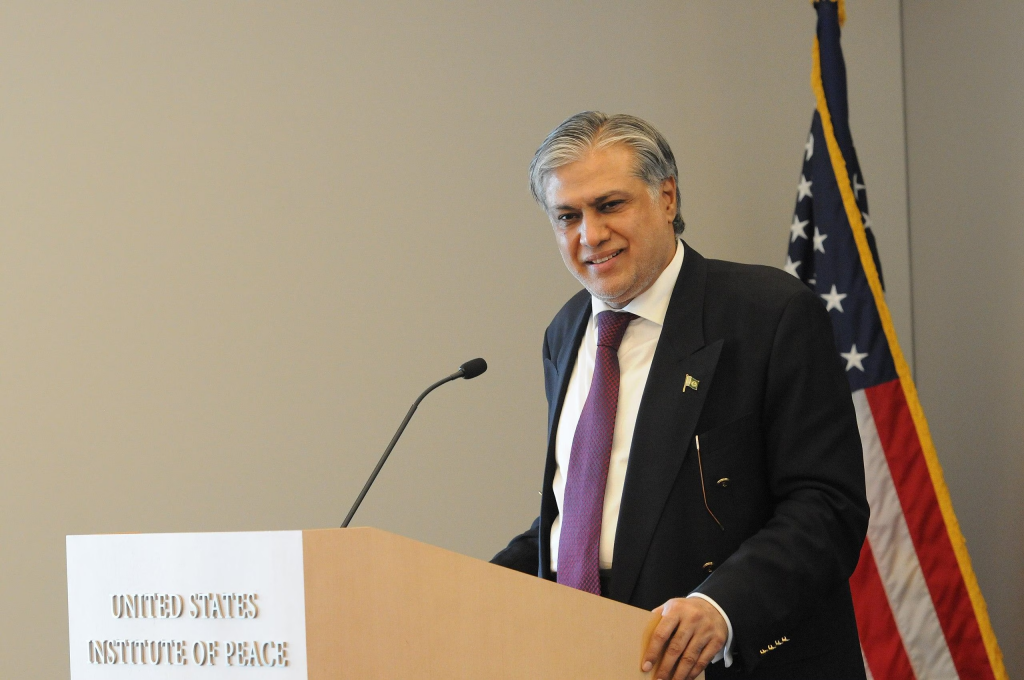
Introduction
In recent news, Pakistan’s Finance Minister, Dar, has found himself in the midst of a heated controversy. Allegations of harassment against a journalist who dared to question him about the elusive IMF (International Monetary Fund) deal have raised concerns about transparency and accountability within the country’s financial system. This incident has further highlighted the need for open dialogue and fair treatment of the media, especially when dealing with sensitive matters such as international financial agreements. In this article, we will delve into the details of the controversy surrounding Pakistan’s Finance Minister Dar and its implications for the country’s image on the global stage.
The Harassment Allegations
The incident in question took place during a press conference where Finance Minister Dar was addressing the media regarding the ongoing negotiations with the IMF. A journalist, known for his unbiased reporting, posed a direct question about the progress and status of the IMF deal, which has been a topic of great concern for the Pakistani public. Instead of providing a clear response, the Finance Minister allegedly responded in an aggressive manner, berating and belittling the journalist for asking such a question. Witnesses and fellow journalists present at the event reported that the Minister’s behavior was both unprofessional and uncalled for.
Concerns Over Transparency
This incident has sparked widespread concerns over the lack of transparency surrounding the IMF deal and the government’s reluctance to provide timely updates to the public. The IMF agreement holds significant importance for Pakistan’s economy, as it directly impacts the country’s fiscal policies, debt management, and overall financial stability. By avoiding direct and transparent communication with the public, the government raises doubts about its commitment to accountable governance.
Media Freedom and Democracy
Freedom of the press is a fundamental pillar of any democratic society. It allows for the dissemination of information, checks and balances on government actions, and promotes transparency. The alleged harassment of a journalist by a government official is not only an attack on press freedom but also a threat to the democratic principles of the nation. It is essential for government officials to respect and protect the rights of journalists, even when faced with tough questions.
Impact on International Perception
Pakistan’s reputation on the global stage is closely tied to how it handles its economic affairs and engages with international organizations like the IMF. The controversy surrounding the Finance Minister’s alleged harassment of a journalist sends a negative message to the international community about the country’s commitment to transparency and accountability. Such incidents can harm Pakistan’s image as a reliable and responsible partner in the eyes of potential investors and foreign governments.
The Need for Accountability
To restore faith in the financial system and regain trust, the Pakistani government needs to take swift action in addressing this controversy. It is imperative that an impartial investigation be conducted to ascertain the facts and hold accountable those responsible for any wrongdoing. This will not only help rebuild confidence among the general public but also send a strong message to the international community that Pakistan is committed to upholding the principles of transparency and media freedom.
Conclusion
The controversy surrounding Pakistan’s Finance Minister Dar and the alleged harassment of a journalist has shed light on the importance of transparency, accountability, and media freedom within the country. The incident serves as a wake-up call for the government to reassess its approach to handling press inquiries and engaging with the public. By fostering an environment of open dialogue and respect for media professionals, Pakistan can strengthen its democratic foundations and improve its international standing.


